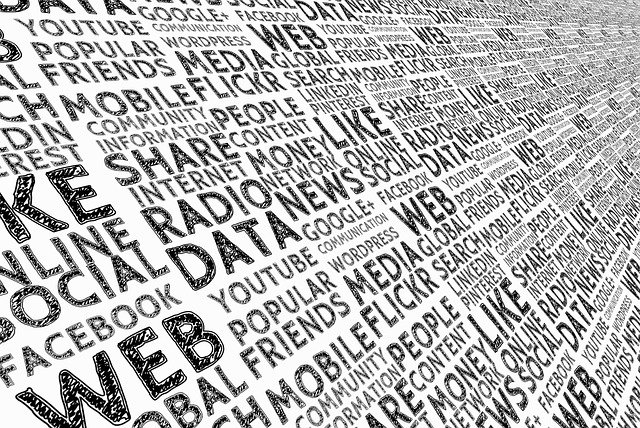
February 27 2021 ( updated February 28): As a follow up to our news story on the Indian government’s new regulations for social media and digital news sites, we bring you a cross section of early reactions:
NASSCOM: The announcement by the Government of India on the Intermediary Guidelines and Digital Media Ethics Code aims to address many of the concern areas of grievance redressal, fake news, online safety and parity with existing laws. NASSCOM has been working with its members to share feedback on the Intermediary guidelines with the government and some of these recommendations have been accepted in the new rules announced by the government. The government has emphasised that the new rules will not curb creativity and freedom of speech and expression of the citizens and NASSCOM would urge the government to ensure that this is the design principle as these guidelines are implemented. The call for responsible freedom and ensuring that no information or data is misleading is key for a diverse democracy like India to curb the widespread issue of fake news.
From a user perspective, strengthening the grievance redress mechanisms, the option of voluntary self-verification of user accounts and the right to receive an explanatory notification on removal or disablement of access and to seek remedy against the action being taken by the intermediaries should be helpful. This will require the right implementation and should not become onerous for the social media platforms.
NASSCOM has always advocated for responsible use of technology to ensure a conscious build of trust and transparency within the ecosystem. We will work with our members to study in detail the implications of these guidelines and request for consultative discussions on implementation and clarifications.
Times of India editorial February 27 2021: Virtual confusion: Digital news is not social media.
On Thursday, government introduced sweeping new rules that encompass a wide spectrum of digital content. But the way in which these rules force-fit social media, streaming entertainment, and digital news portals all under one umbrella, is untenable. …Leave alone discussing these far-reaching changes with stakeholders in digital news, government has sidestepped even a cursory parliamentary scrutiny by introducing the sweeping regulatory framework as subordinate legislation.
The Telegraph, February 27 2021: Iron fist in velvet gloves:
The architects of New India have at their disposal formidable powers of transformation that would make Houdini nervous. Worryingly, the agenda behind these changes is often cleverly couched in benign or even affirmative rhetoric that can obfuscate the real intentions. Thus, attempts to instil transparency, ironically, have intensified concerns about opacity in the public domain. The softest of touch from this government, its critics allege, can end up delivering the hardest of blows.
The jury is still out on whether the Information Technology (Intermediary Guidelines and Digital Media Ethics Code) Rules, 2021 — the Bharatiya Janata Party-led Centre’s first attempt to regulate the vast and, allegedly, shadowy turf occupied by social and digital media players, big and small, and Over The Top platforms — belongs to the featherweight or the heavyweight category.
Indian Express February 21 2021: ( Bhaskar Chakravorti) Who gets to decide what is legitimate free speech — Big Government or Big Tech?
While American lawmakers in Washington DC were preparing for a fresh round of tongue-lashings for the social media giants on Thursday, their counterparts in New Delhi were not wasting any time. The Indian government announced a sweeping array of rules reining-in social media. Specifically, social media platforms are required to become “more responsible and more accountable” for the content they carry. There is now a list of stuff deemed offensive.In case you are unsure of whether your last hilarious post on that family WhatsApp group met the criteria, you ought to look it up; the list is quite long.
Tribune editorial Feb 25 2021: Alarm bells for OTT
Just when the content on over-the-top (OTT) platforms was being hailed as an elixir for the artistic community, the government, it seems, has decided to clip its wings. As soon as the news of online news portals and streaming services coming under the ambit of the Ministry of Information and Broadcasting broke in November, tremors have been felt in the entertainment industry. Now there are more reasons for both the makers and streamers to rue. The code of ethics that the government is contemplating does not appear to be a mere guideline. The three-tier regulatory framework, including an inter-ministerial committee, it has proposed almost seems draconian on paper.
The Hindu February 28 2021: Why has the government announced new guidelines to regulate digital content?
What are the dos and don’ts for social media and OTT platforms?
Financial Express February 28 2021: WhatsApp can tell on you without snooping.
With the government notifying new, stricter guidelines for social media companies, which includes messaging apps, once again a debate has started whether this means breaking of end-to-end encryption by WhatsApp, which would have to break the secrecy of private conversations amongst individuals.